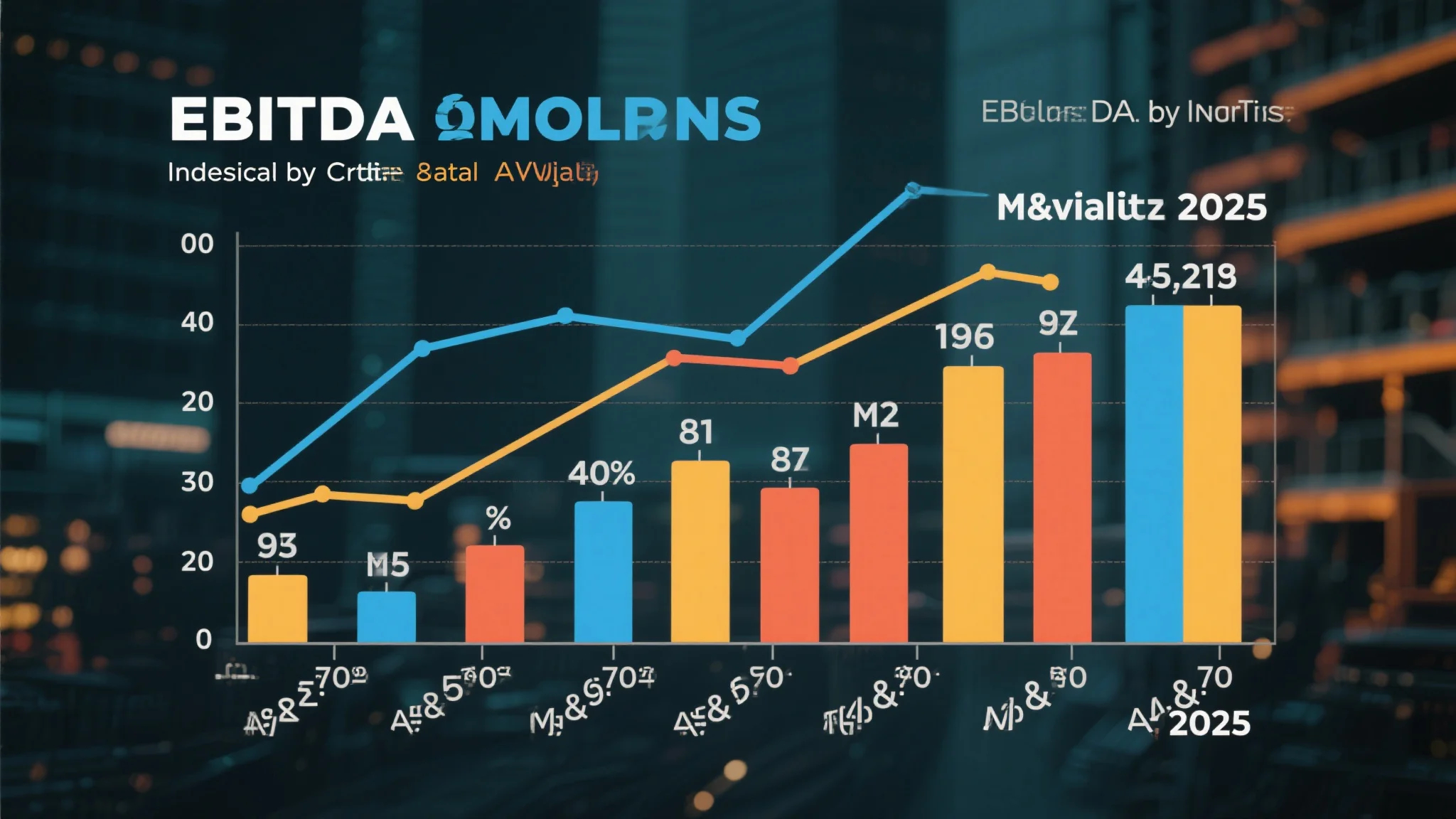The Complex Regulatory Framework Governing Healthcare Mergers and Acquisitions
The healthcare industry operates within one of the most stringent regulatory environments in the United States, making healthcare m&a regulations a critical consideration for any transaction. The regulatory landscape encompasses multiple federal agencies, each with distinct oversight responsibilities and approval processes that can significantly impact deal timelines and structures. The Federal Trade Commission (FTC) and the Department of Justice (DOJ) serve as the primary antitrust enforcers, scrutinizing transactions to prevent anti-competitive consolidation that could harm consumers through higher prices or reduced quality of care. These agencies employ sophisticated economic analyses to evaluate market concentration, competitive effects, and potential efficiencies that may result from proposed mergers. The Hart-Scott-Rodino Antitrust Improvements Act requires parties to file pre-merger notifications for transactions exceeding certain thresholds, triggering waiting periods during which regulators can request additional information or challenge the deal. Beyond antitrust considerations, healthcare transactions must navigate sector-specific regulations administered by agencies such as the Centers for Medicare & Medicaid Services (CMS), which oversees provider enrollment and reimbursement policies that can affect post-merger operations. State insurance commissioners also play crucial roles in reviewing transactions involving health plans, ensuring compliance with state insurance laws and solvency requirements. The complexity is further amplified by the need to address privacy and security regulations under the Health Insurance Portability and Accountability Act (HIPAA), which governs the handling of protected health information during due diligence and integration processes. Investment banks must possess deep expertise in these overlapping regulatory frameworks to effectively guide clients through the approval process while minimizing delays and compliance risks.
Strategic Approaches to Overcoming M&A Compliance Challenges
Successfully navigating m&a compliance hurdles requires a comprehensive strategy that begins during the earliest stages of deal planning and continues through post-merger integration. Investment banks employ specialized teams of regulatory experts who work closely with legal counsel to conduct thorough regulatory risk assessments, identifying potential obstacles and developing mitigation strategies tailored to each transaction’s unique circumstances. This proactive approach involves analyzing market dynamics, competitive positioning, and regulatory precedents to anticipate likely regulatory concerns and prepare compelling arguments for deal approval. One critical aspect of compliance strategy involves structuring transactions to address antitrust concerns while preserving strategic value. This may include divesting overlapping assets, implementing behavioral remedies such as network access commitments, or restructuring deal terms to reduce market concentration in specific geographic or service areas. Investment banks also play a vital role in managing the timing and sequencing of regulatory filings, coordinating submissions across multiple jurisdictions to optimize approval timelines and minimize regulatory uncertainty. The due diligence process must be carefully orchestrated to comply with information sharing restrictions while providing regulators with the data necessary to evaluate competitive effects. This often involves creating clean teams and implementing strict protocols for handling competitively sensitive information. Investment banks also facilitate ongoing dialogue with regulatory agencies, leveraging their relationships and expertise to address concerns proactively and negotiate favorable resolution of potential issues. Post-merger compliance monitoring is equally important, as healthcare organizations must demonstrate ongoing adherence to regulatory commitments and reporting requirements. Investment banks provide valuable guidance on implementing compliance programs, monitoring systems, and governance structures that ensure sustained regulatory compliance while supporting operational integration and strategic objectives.
The Evolving Role of Investment Banking in Healthcare Regulatory Navigation

The landscape of investment banking healthcare has evolved significantly in response to increasing regulatory complexity and heightened scrutiny of healthcare consolidation. Modern investment banks have developed sophisticated capabilities that extend far beyond traditional financial advisory services, encompassing regulatory strategy, compliance consulting, and stakeholder management. These enhanced capabilities reflect the recognition that successful healthcare transactions require deep understanding of both financial markets and regulatory dynamics. Investment banks now maintain dedicated healthcare regulatory teams staffed with former government officials, healthcare attorneys, and industry experts who bring insider knowledge of regulatory processes and decision-making criteria. This expertise enables investment banks to provide clients with nuanced guidance on regulatory strategy, helping them understand not just the technical requirements but also the political and policy considerations that influence regulatory decisions. The increasing focus on healthcare affordability and access has led regulators to scrutinize transactions more closely for their potential impact on healthcare costs and quality, requiring investment banks to develop sophisticated analyses demonstrating the pro-competitive benefits of proposed mergers. Technology has also transformed the regulatory landscape, with investment banks leveraging advanced analytics and modeling tools to predict regulatory outcomes and optimize deal structures. These capabilities are particularly valuable in complex multi-party transactions or deals involving novel business models that may not fit neatly within existing regulatory frameworks. Investment banks also play crucial roles in managing stakeholder communications during the regulatory review process, coordinating with public relations firms, government affairs specialists, and industry associations to build support for transactions and address public concerns. The globalization of healthcare markets has added another layer of complexity, as cross-border transactions must navigate multiple regulatory regimes with potentially conflicting requirements. Investment banks have responded by developing international regulatory capabilities and partnerships that enable them to coordinate complex multi-jurisdictional approval processes. Looking forward, the continued evolution of healthcare delivery models, including the growth of digital health and value-based care arrangements, will require investment banks to stay at the forefront of regulatory developments and adapt their advisory approaches accordingly. The success of healthcare M&A transactions increasingly depends on the ability of investment banks to seamlessly integrate financial expertise with deep regulatory knowledge, providing clients with comprehensive guidance that addresses both commercial objectives and compliance requirements in an increasingly complex and dynamic regulatory environment.



